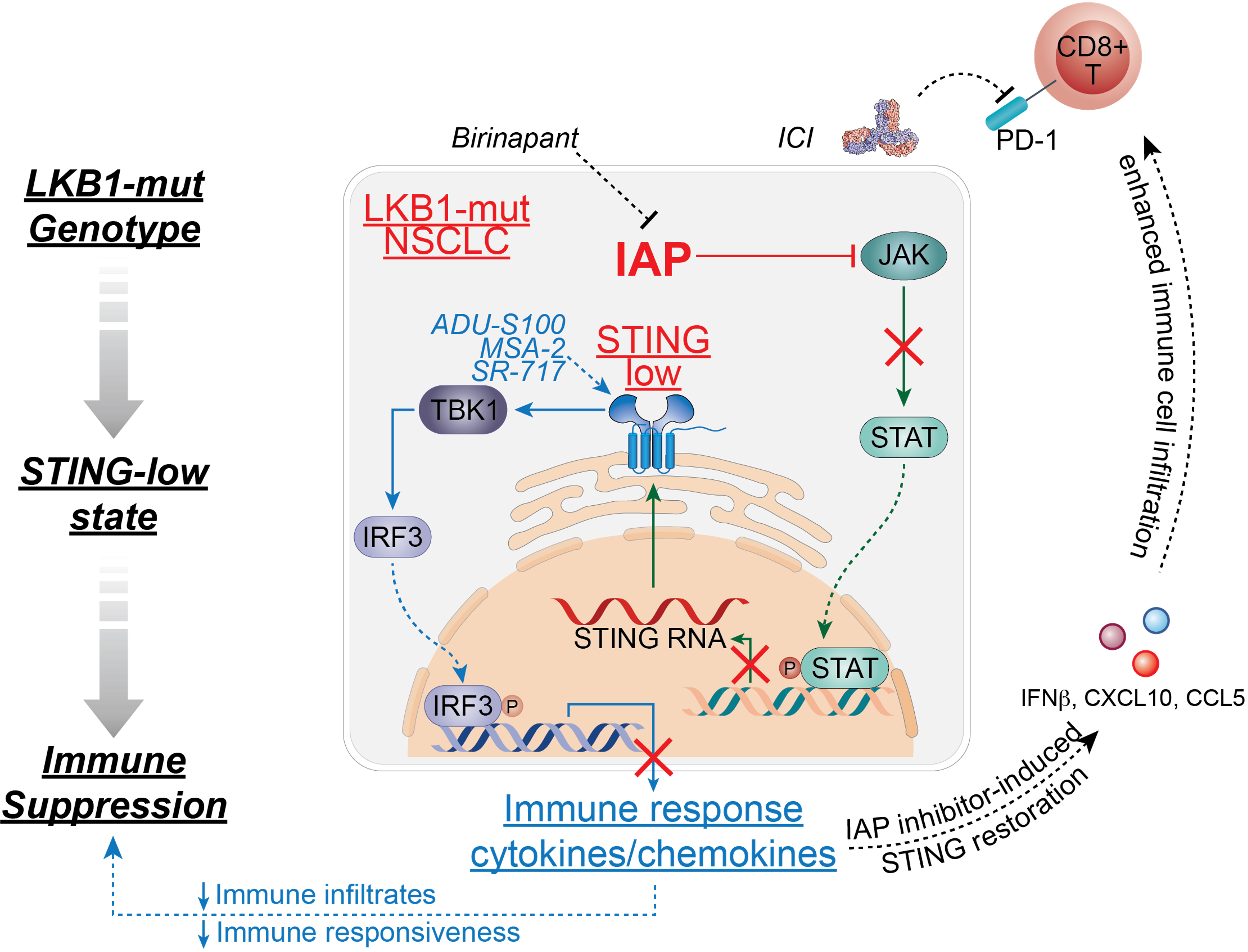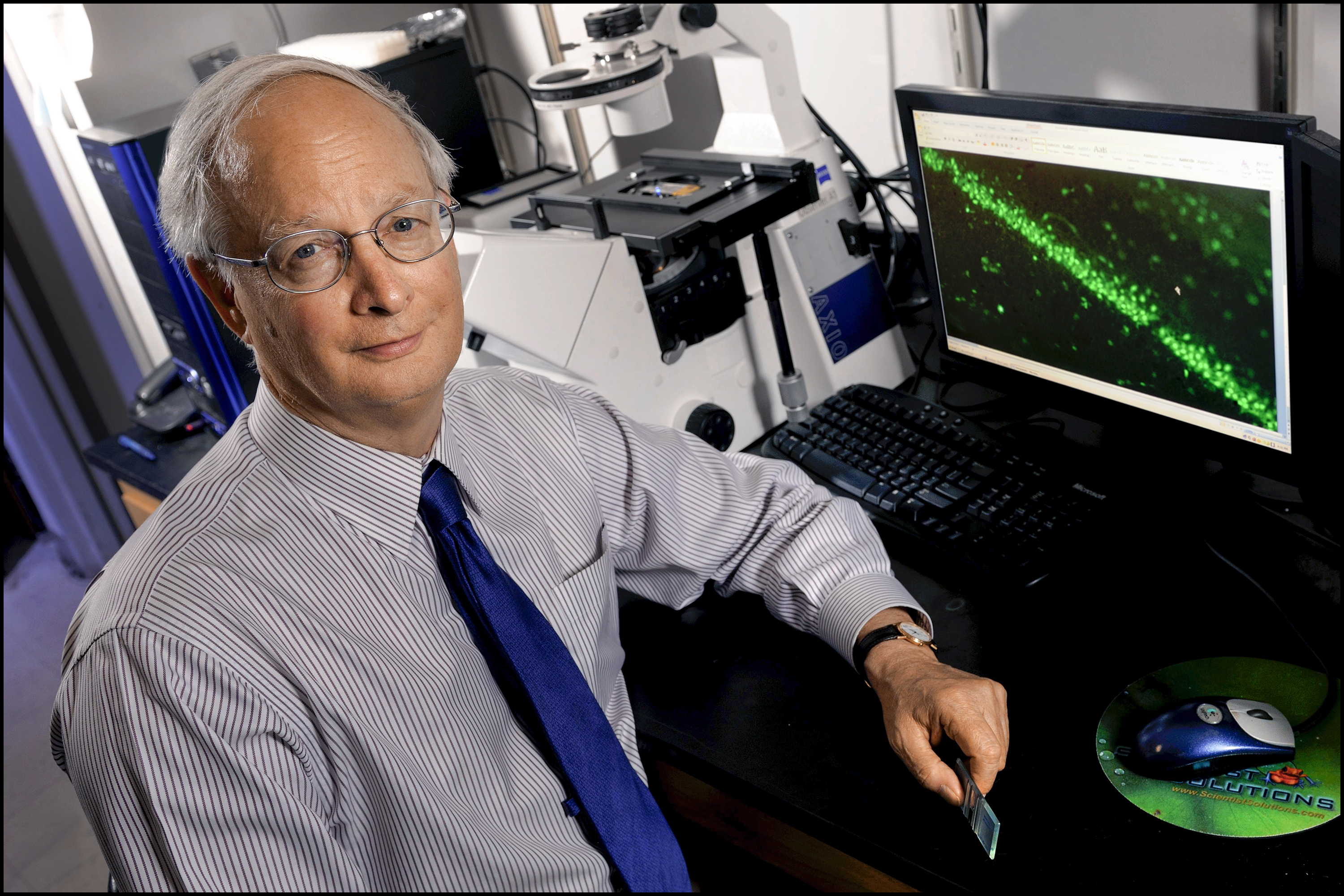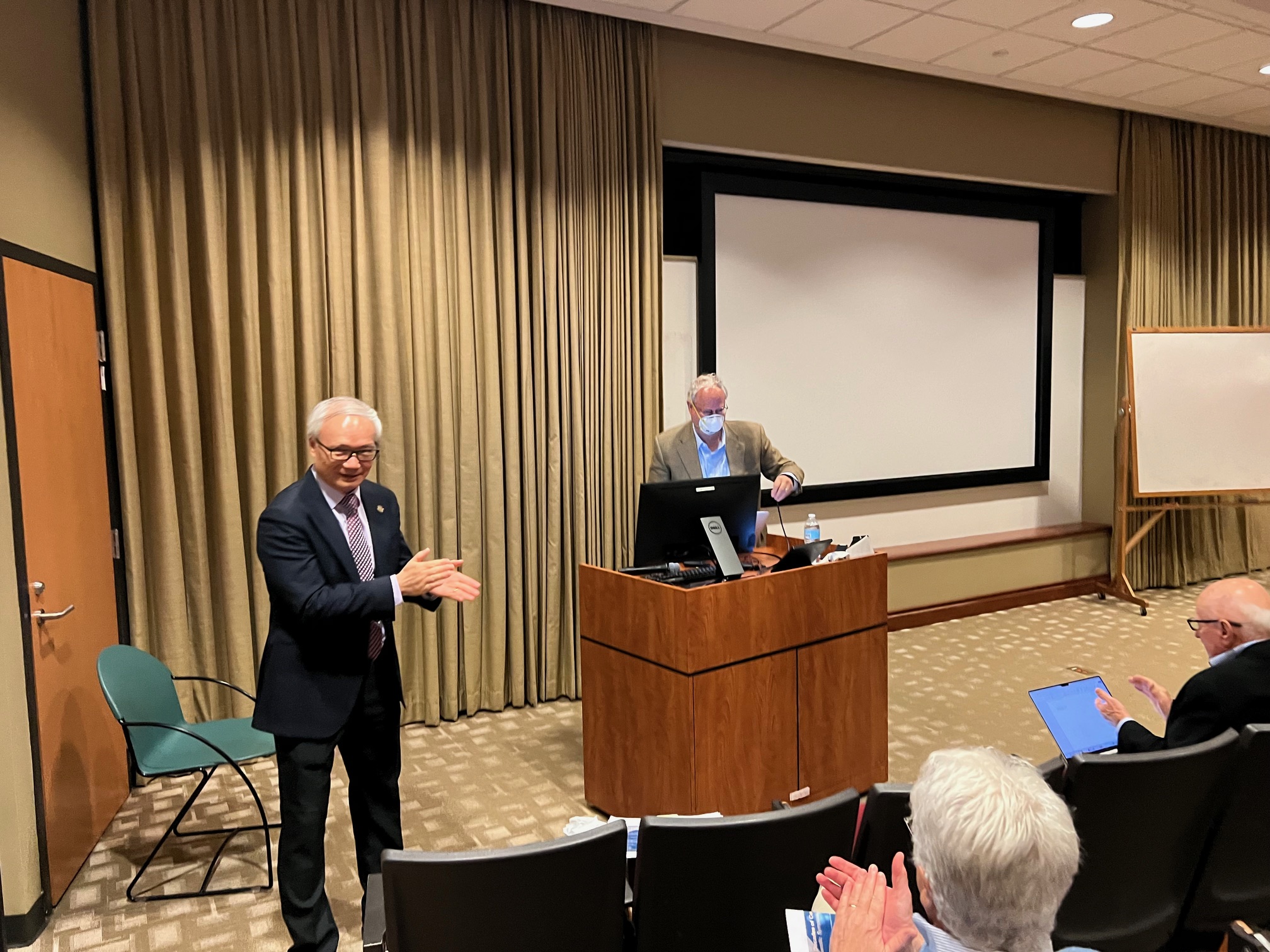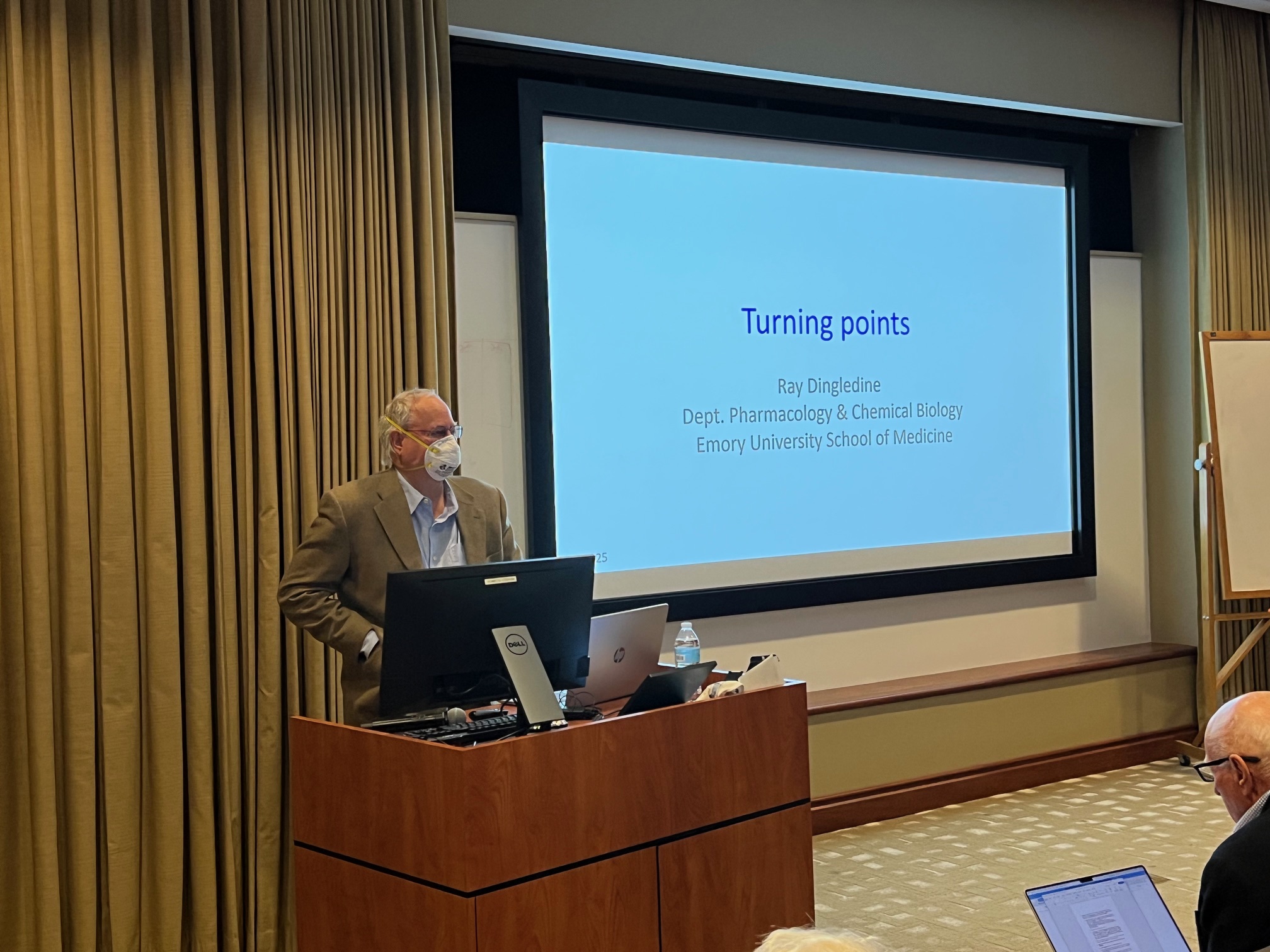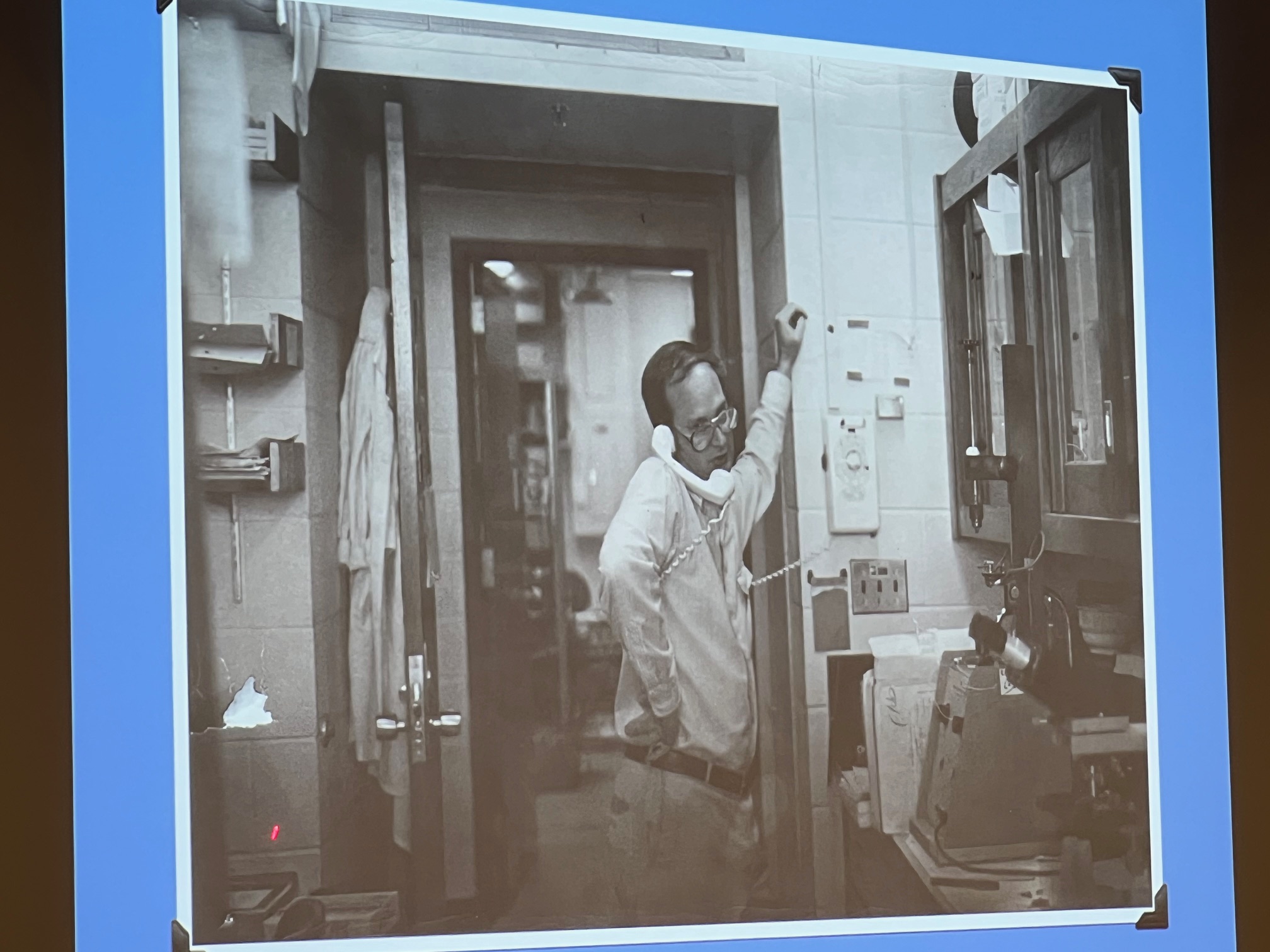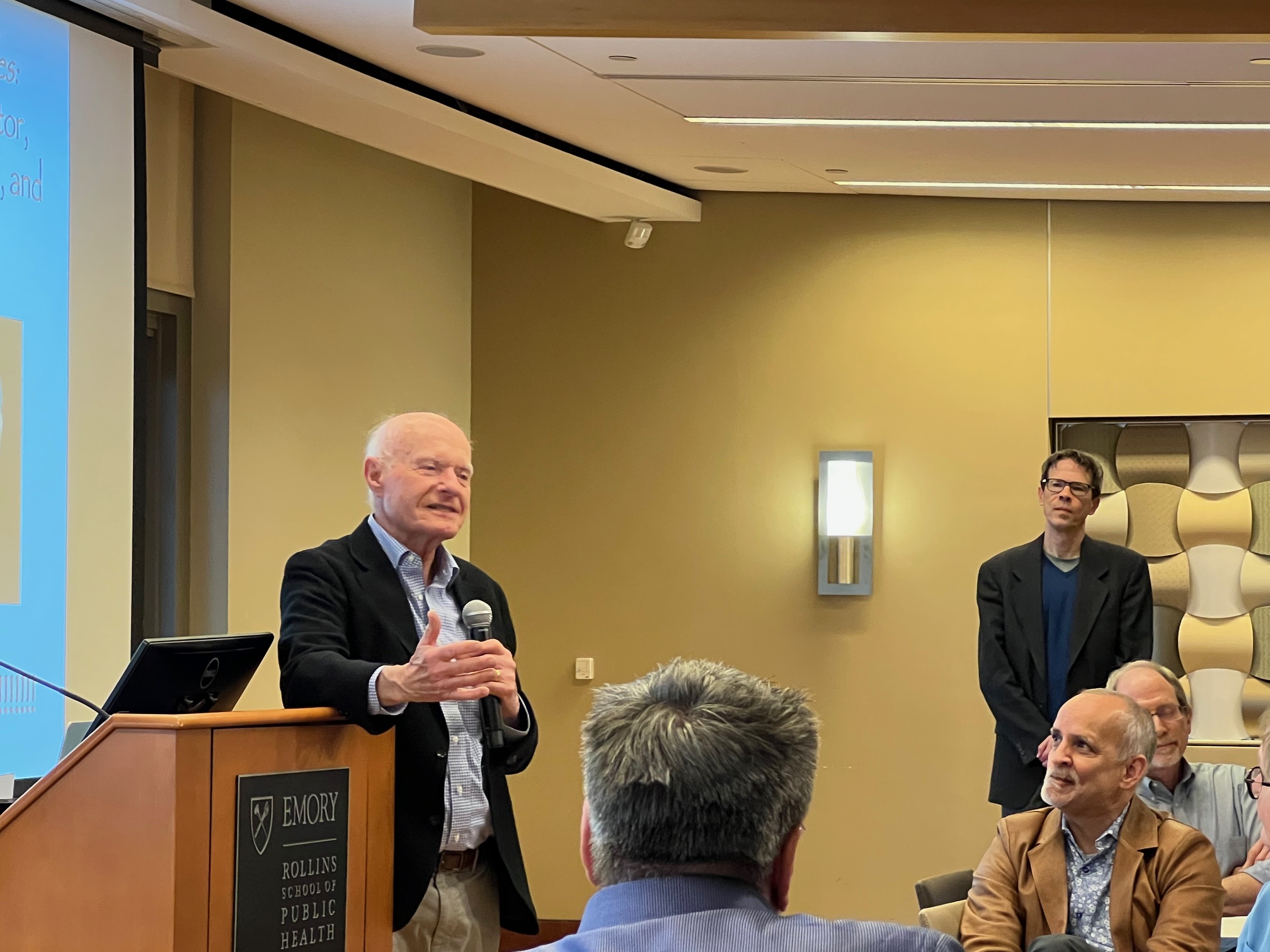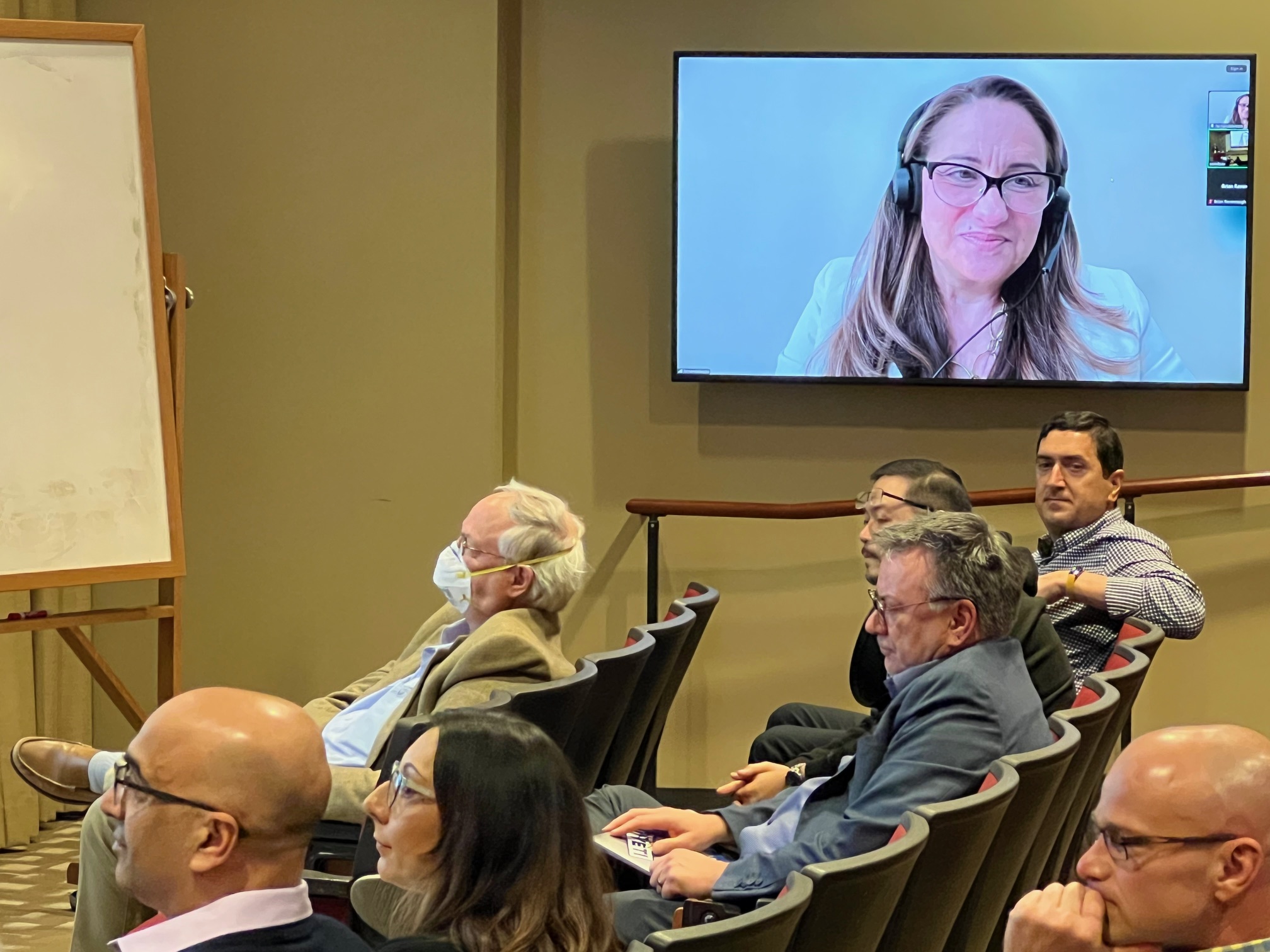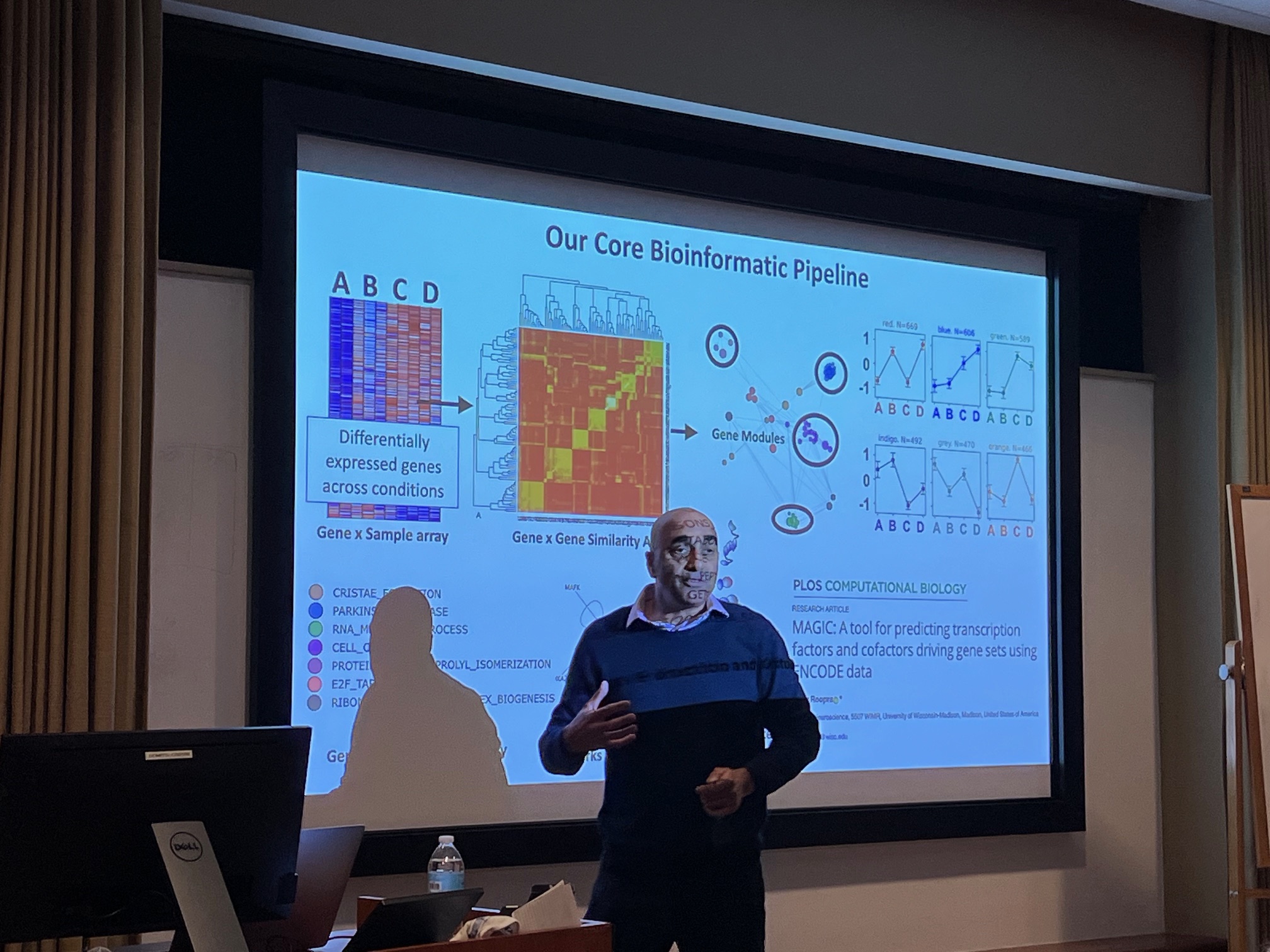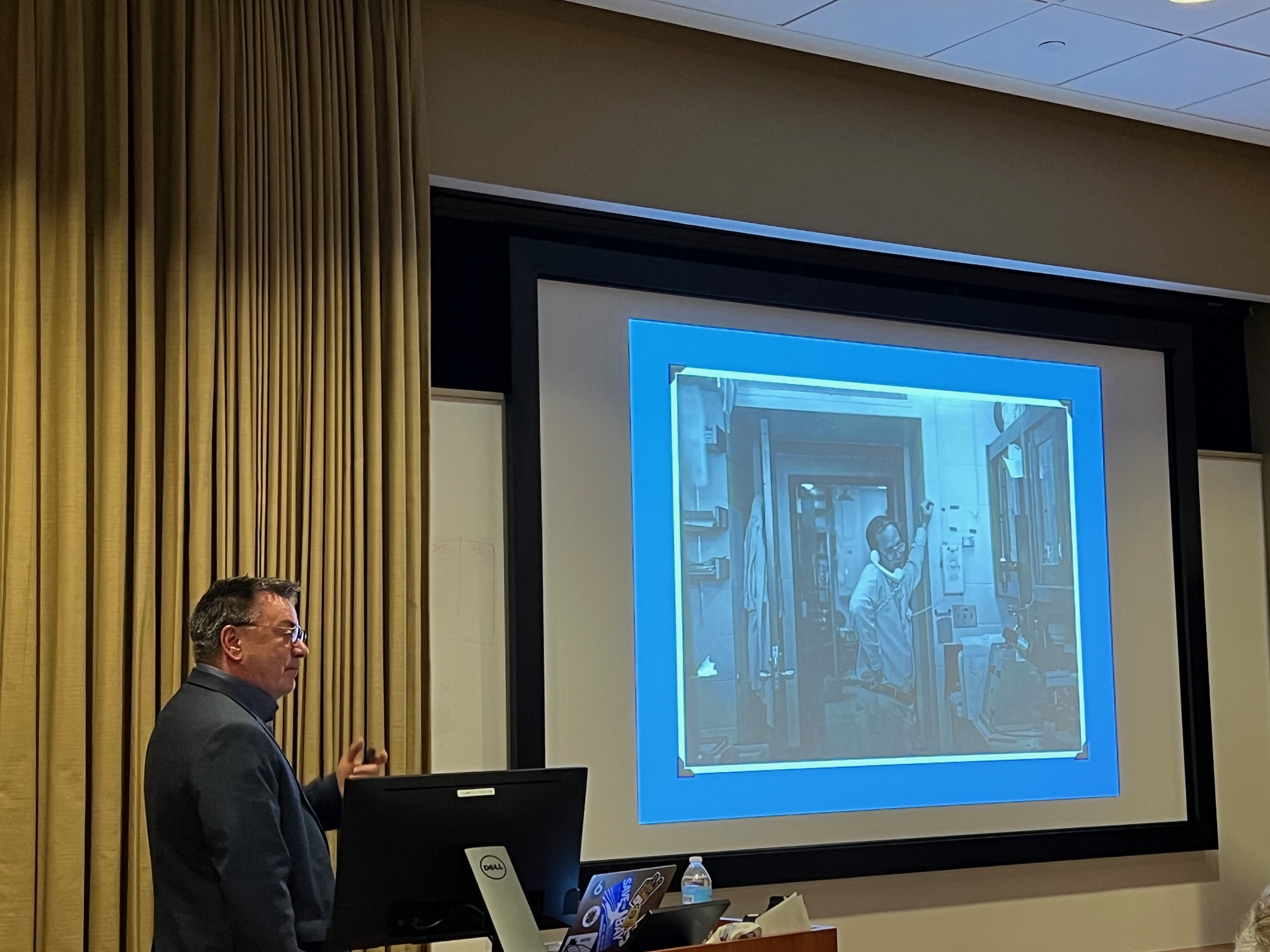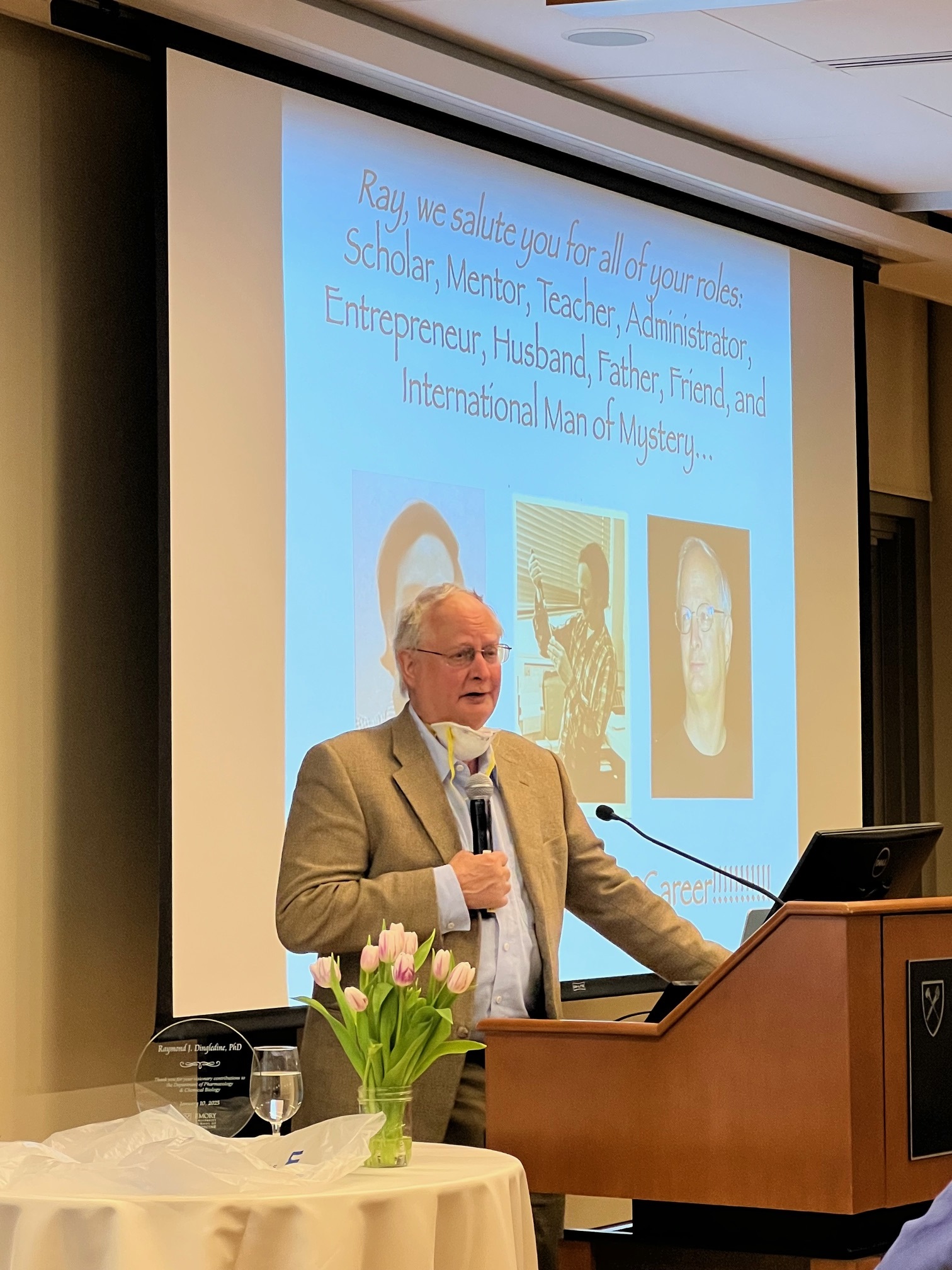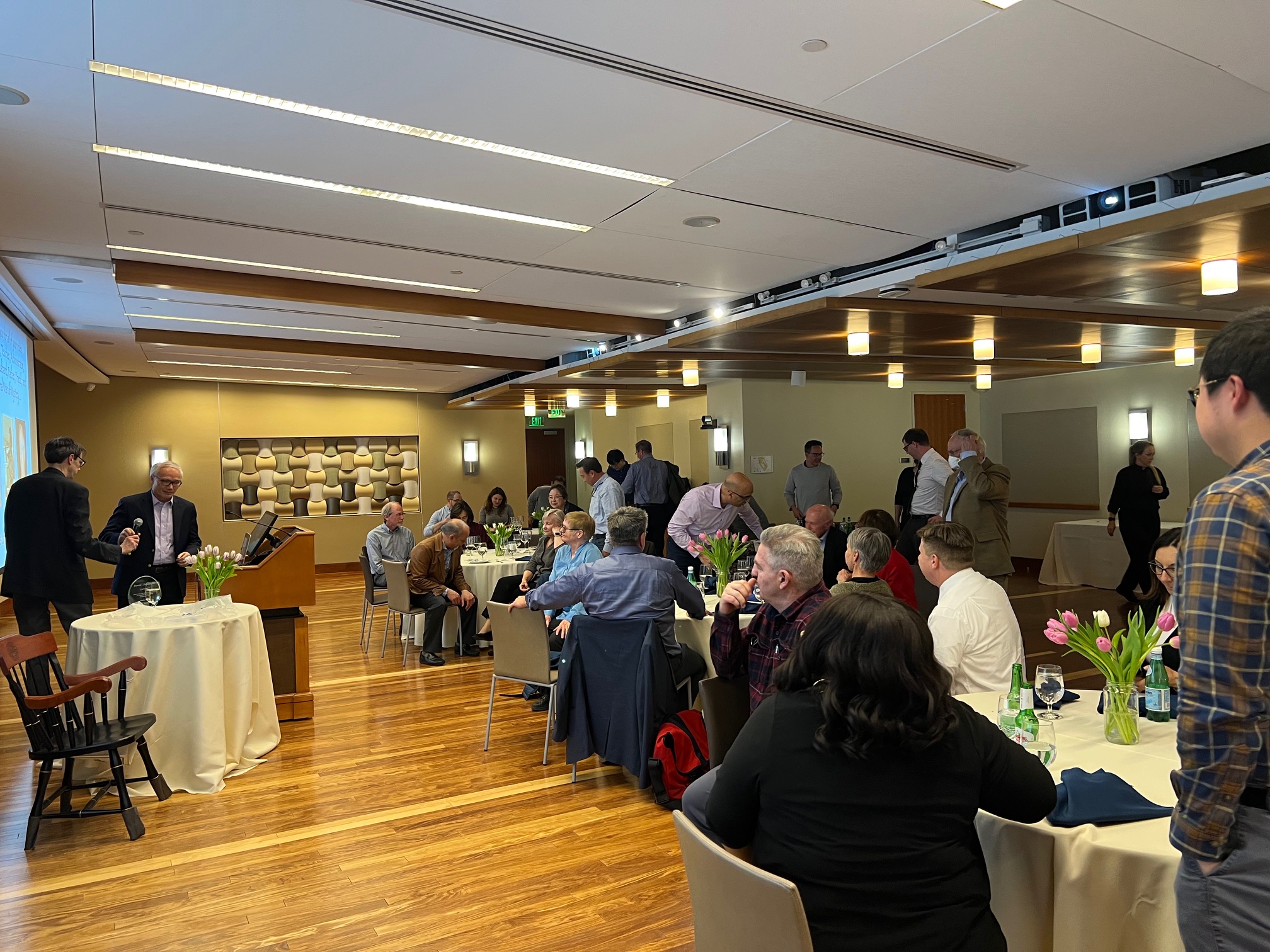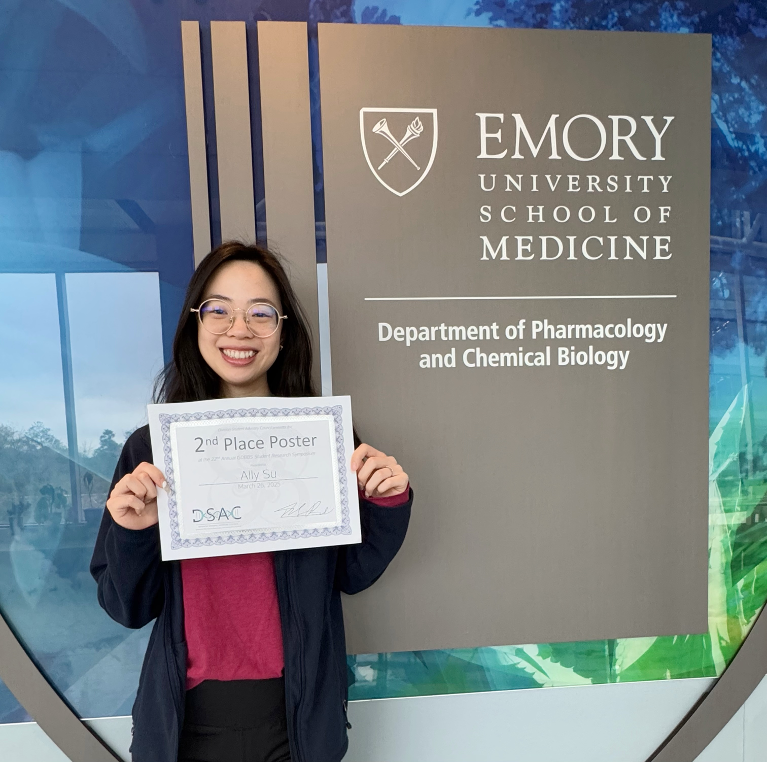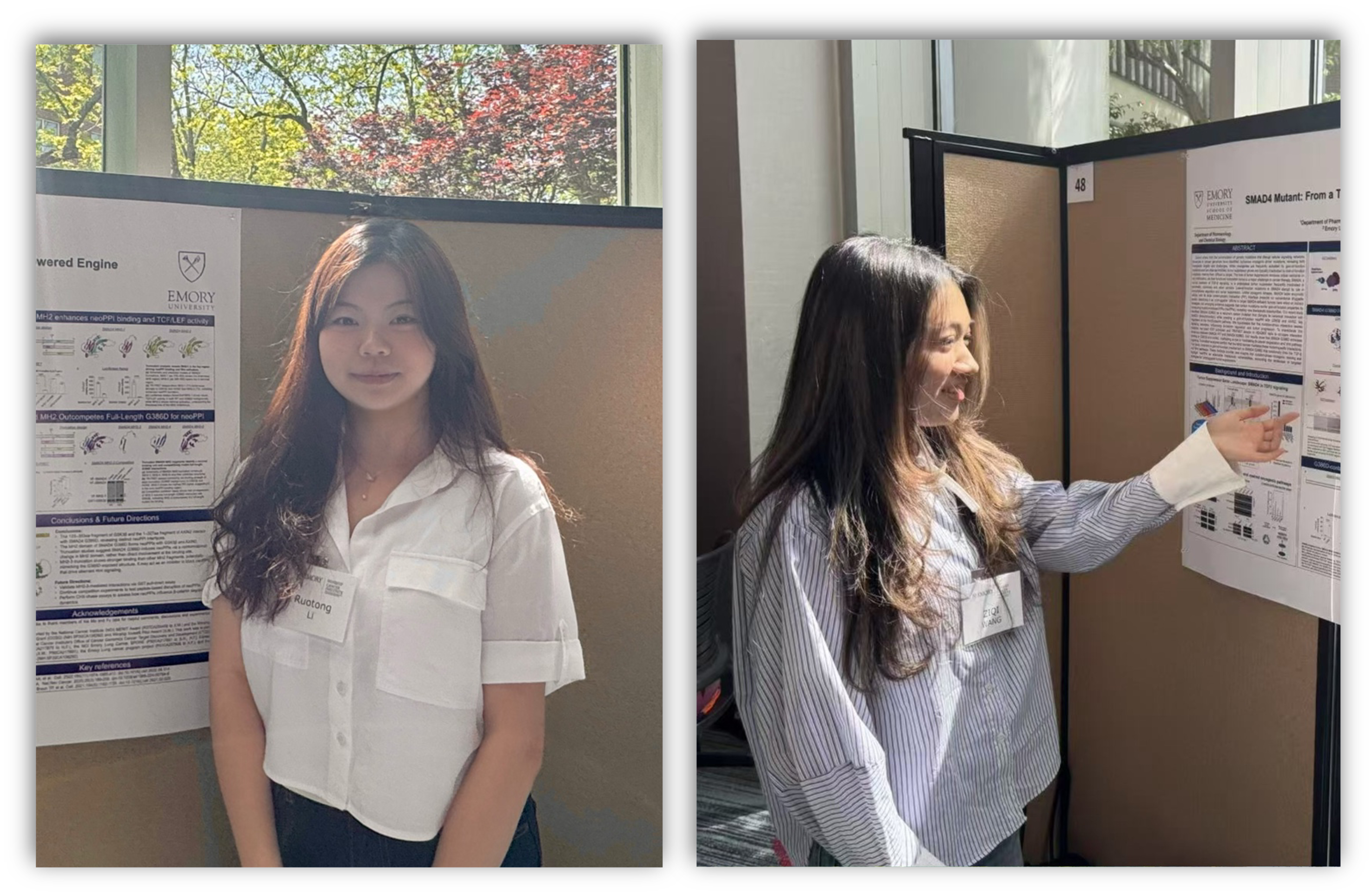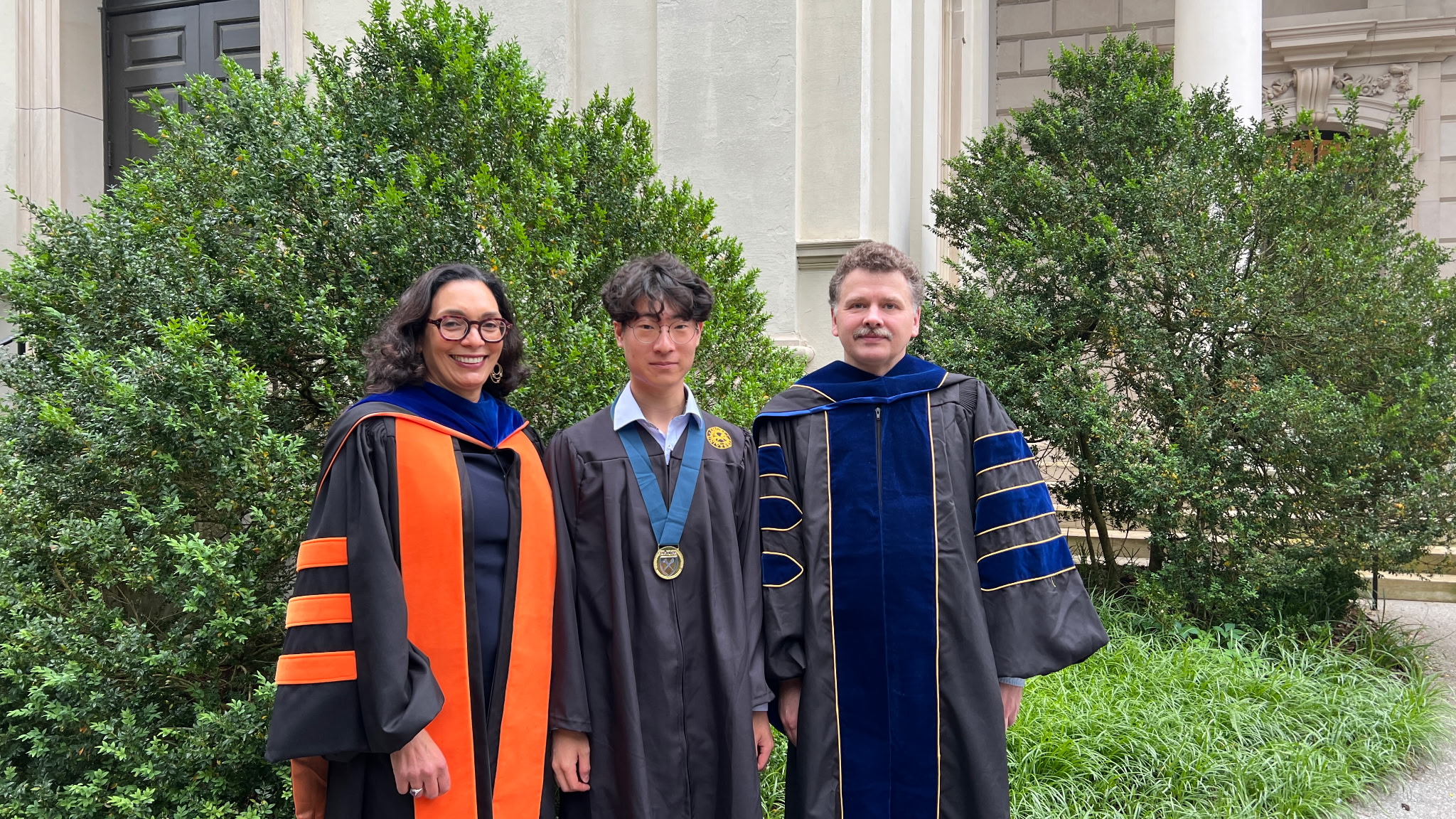Dr. Dionna Williams Featured on the Cover of "The Pharmacologist"

Congratulations to Dionna Williams, PhD, Associate Professor of Pharmacology and Chemical Biology, for being featured on the cover of The Pharmacologist, in honor of Black History Month. Dr. Williams was one of two professors at Emory to recently receive the Presidential Early Career Award, the U.S. government’s highest honor for early-career scientists. She joined ASPET in 2022 and is a member of the Division for Drug Metabolism and Disposition. Download PDF of The Pharmacologist.
In January 2025, Dr. Williams also received the Presidential Early Career Award for Scientists and Engineers, which recognizes scientists and engineers who show exceptional potential for leadership early in their research careers.
The Presidential Early Career Award for Scientists and Engineers is overseen by a joint commission between federal agencies and the U.S. National Science Foundation. Honorees receive an award package that includes a citation, a plaque and up to five years of funding to advance their research.
Awards and Recognitions

Emory Pharmacology and Chemical Biology Ranked Top 9 for NIH Funding
Emory Pharmacology and Chemical Biology ranked number 9 for NIH Funding by the Blue Ridge Institute for Medical Research (BRIMR) 2024. Each year, the BRIMR publishes a ranking of U.S. academic institutions and health care systems based on the research funding they received from NIH the prior year.
Congratulations to our faculty, staff, and trainees!

Dr. Tyler Beyett Received Award and Appointment
Dr. Beyett is also a member of the Discovery and Developmental Therapeutics Research Program at Winship Cancer Institute.
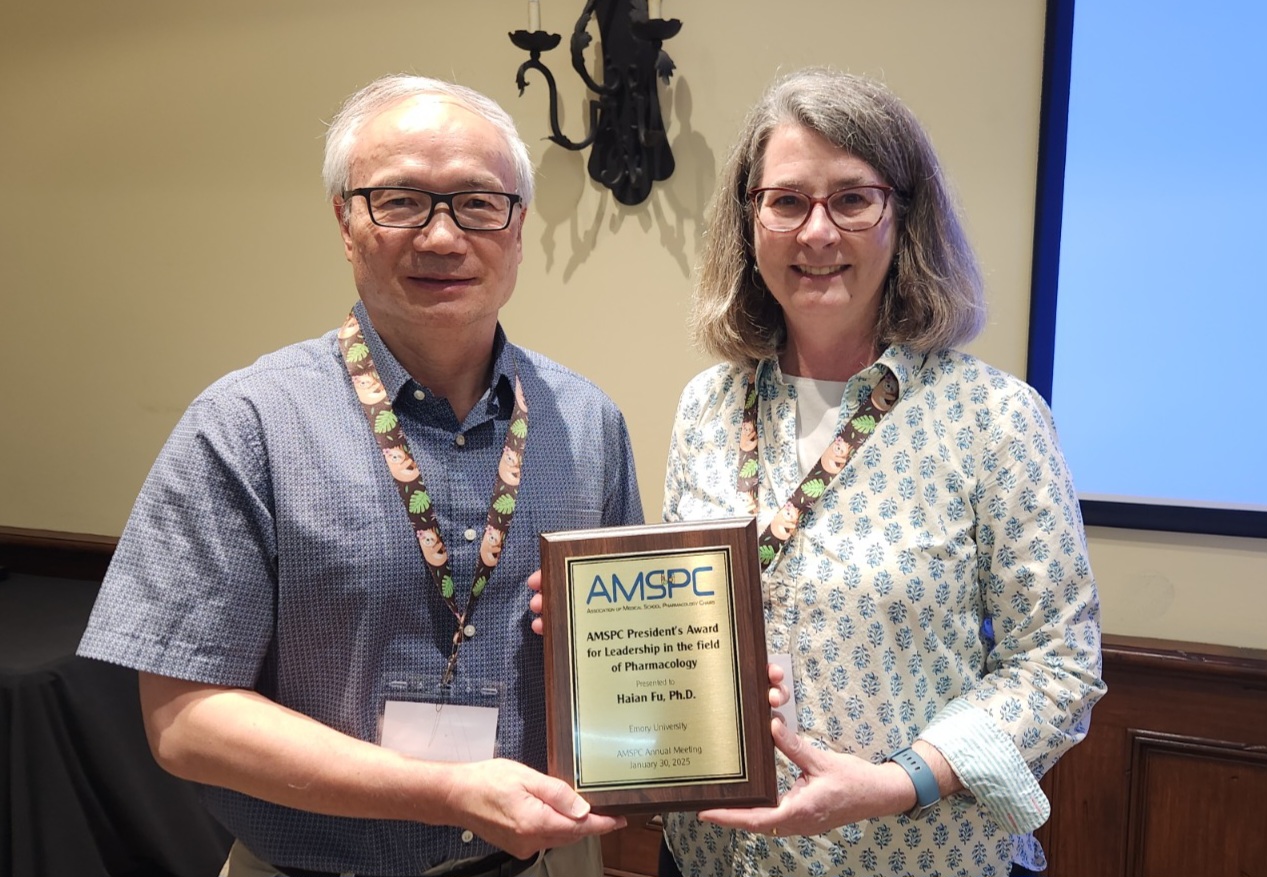
Haian Fu Received Several Honors/Awards
Haian Fu, PhD, Professor and Chair of Pharmacology and Chemical Biology, received the Association of Medical School Pharmacology Chairs (AMSPC) President’s Award for Leadership in the field of Pharmacology. He was presented the award by the AMSPC President at the 2025 AMSPC annual meeting in January. The President’s Award for Leadership was established to recognize a current or retired department chair who has demonstrated extraordinary commitment and accomplishment as a leader in the field of Pharmacology. Awardees are expected to have distinguished themselves in their discipline and have contributed as a leader both within their institution and beyond, particularly in positions that advance the field of Pharmacology.
In addition, the American Society for Pharmacology and Experimental Therapeutics (ASPET) awarded Haian Fu, PhD, the 2025 Susan Band Horwitz Award Lecture in Cancer Pharmacology. This award was established to recognize excellent original research by established investigators in the area of cancer pharmacology. It is named to honor Dr. Susan Band Horwitz who is a pioneer in understanding the mechanism of action of cancer chemotherapy drugs many of which have been and remain mainstays of cancer therapy and whose work has changed the nature of cancer treatment. Dr. Fu is receiving this award in recognition of his dedication to the field of cancer pharmacology and ASPET, especially his pioneering contributions to targeting protein-protein interactions in cancer.
Dr. Fu was also named a 2024 ASPET fellow. Selection as a fellow of the American Society for Pharmacology and Experimental Therapeutics (FASPET) is an honor bestowed to our most distinguished members. Fellows are recognized for their meritorious efforts to advance pharmacology through their scientific achievements, mentorship, and service to the Society.

Raymond Dingledine Award for Research Impact
Dennis C. Liotta, PhD, Samuel Candler Dobbs Professor Chemistry and adjunct faculty in pharmacology and chemical biology, received the Raymond Dingledine Award for Research Impact in Pharmacology and Chemical Biology. Dr. Liotta was honored at an award ceremony on December 12, 2024, where he gave a talk, "Making New Drugs the Hard Way".

ASPET Election
John R. Hepler, PhD, Professor and Vice Chair for Academic Affairs, Pharmacology and Chemical Biology, was elected Secretary/Treasurer of the American Society for Pharmacology and Experimental Therapeutics (ASPET). This position on the society Executive Council is for a 3 year term and, as Secretary/Treasurer-Elect, Dr. Hepler will begin his service in June 2025. He has been an active member of ASPET for 26 years, serving previously as Chair of the Molecular Pharmacology Division and was honored by selection as a Fellow of ASPET (FASPET) in 2024.

Scientific Advisory Board of Myhre Syndrome Foundation Appointment
Dr. Xiulei Mo, Assistant Professor of Pharmacology and Chemical Biology, was appointed to the Scientific Advisory Board of Myhre Syndrome Foundation. The Myhre Syndrome Foundation is an international patient advocacy and research organization committed to bringing hope and improving the lives of those impacted by Myhre syndrome associated with rare germline SMAD4 variants.
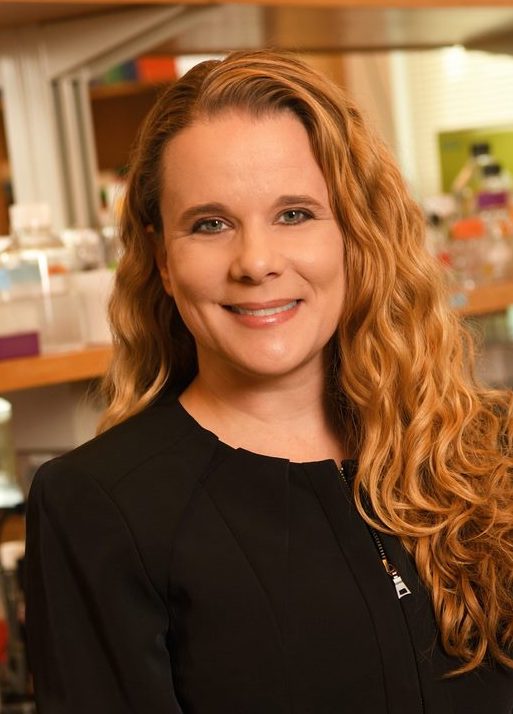
New Cell and Molecular Biology (CMB) Program at Winship Appointment
Renee Read, PhD, Associate Professor of Pharmacology and Chemical Biology, was appointed as a co-leader of the Cell and Molecular Biology (CMB) Program at the Winship Cancer Institute.
In this role, Dr. Read will serve alongside Dr. Wei Zhou, Professor in the department of Hematology and Medical Oncology, who has co-led the CMB Program since its founding in 2020. Together they will oversee continued growth of the scientific program, pilot funding, leading monthly seminars, promoting inter- and intra-programmatic collaborations, participation in the Winship Scientific Review Council, and enhancing the scientific impact of Winship’s research on its catchment area and beyond.

2025 Pharmacia-ASPET Award for Experimental Therapeutics
Stephen Traynelis, PhD, Professor of Pharmacology and Chemical Biology, received the 2025 Pharmacia-ASPET Award for Experimental Therapeutics by the American Society for Pharmacology and Experimental Therapeutics (ASPET). This award recognizes outstanding research in pharmacology and experimental therapeutics, basic laboratory or clinical research that has had, or potentially will have, a major impact on the pharmacological treatment of disease.
Dr. Traynelis received this award in recognition of his important discoveries regarding the molecular and functional properties of the glutamate receptors and the development of novel subtype-selective ligands for glutamate receptors that are in clinical development for neurological diseases with high unmet clinical.
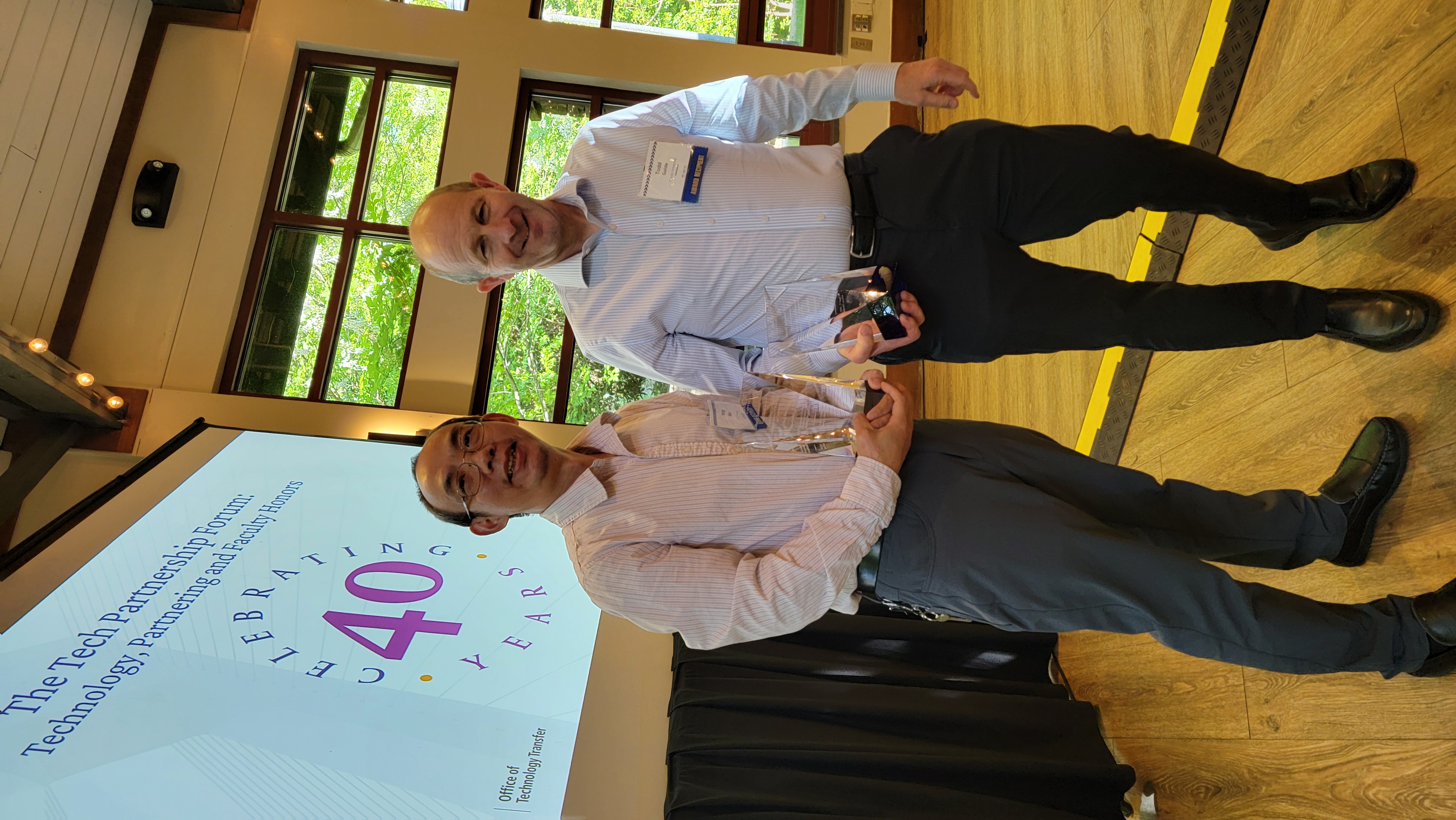
OTT Innovation of the Year Award
Innovation of the Year: Therapeutic Strategy to Preserve Muscle Mass During Weight Loss; Todd Golde, MD, PhD, and Yong Ran, PhD
Todd Golde, MD, PhD, Professor of Pharmacology and Chemical Biology, and Yong Ran, PhD, Senior Scientist in Pharmacology and Chemical Biology, won Innovation of the Year for their technology, “Therapeutic strategy to preserve muscle mass during weight loss” was selected as “Innovation of the Year”. They were honored at the "Technology Partnership Forum: Partnering, Technology & Faculty Honors” event organized by Emory University Office of Technology.
Research Updates

Kukar Lab
The Kukar lab published an article in Cell Reports titled, "Granulins rescue inflammation, lysosome dysfunction, lipofuscin, and neuropathology in a mouse model of progranulin deficiency," December 2024. Postdoctoral Fellow in the Kukar lab, Jessica Root, is first author.
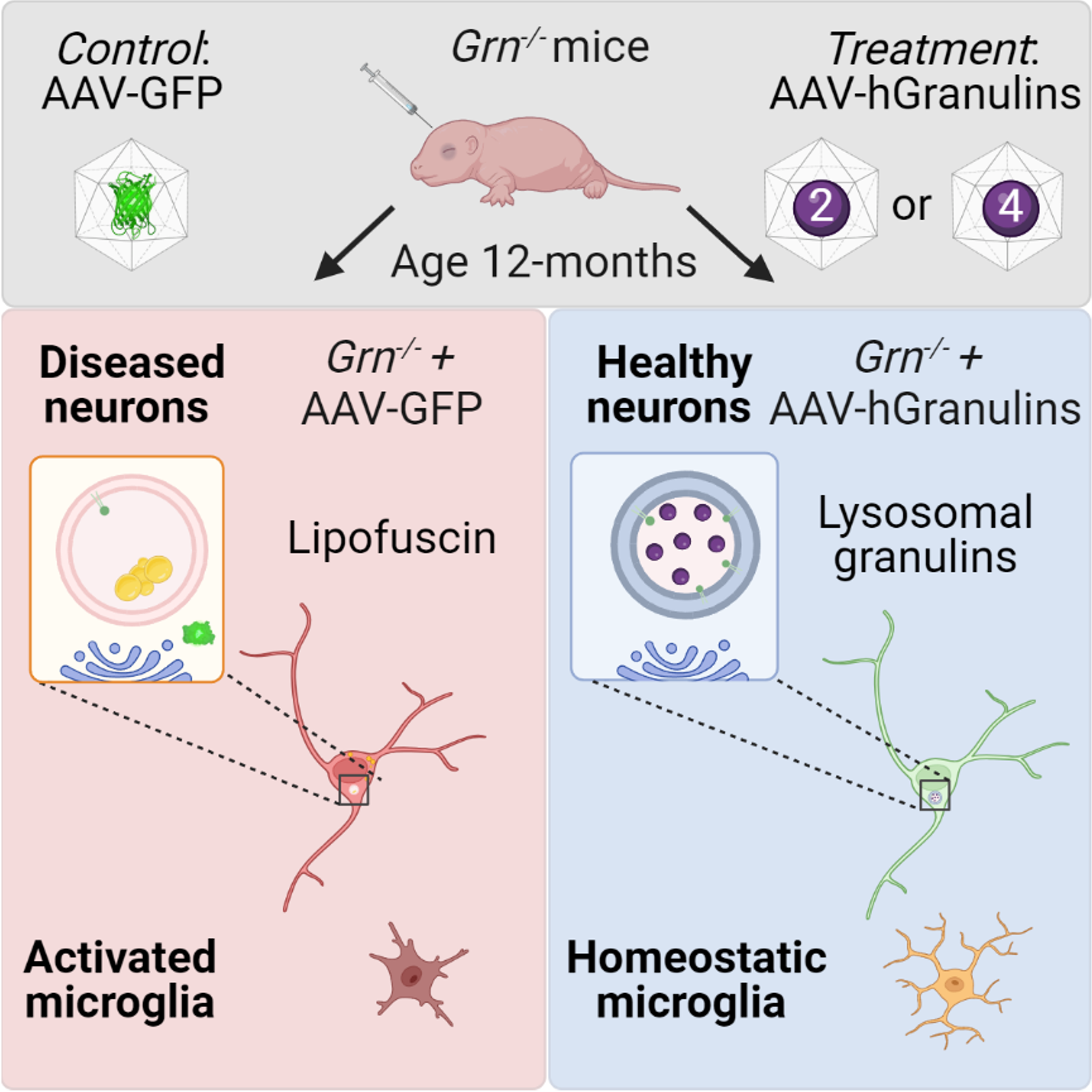
Highlights:
- Grn−/− mouse brain proteomics reveals inflammation and defects in lipids and lysosomes
- Expression of granulins using AAV ameliorates dysregulation of the thalamic proteome
- Granulins correct lysosome defects, inflammation, and lipofuscin in Grn−/− mouse brain
- Granulins localize to lysosomes in Grn−/− brain and fibroblasts, likely mediating activity
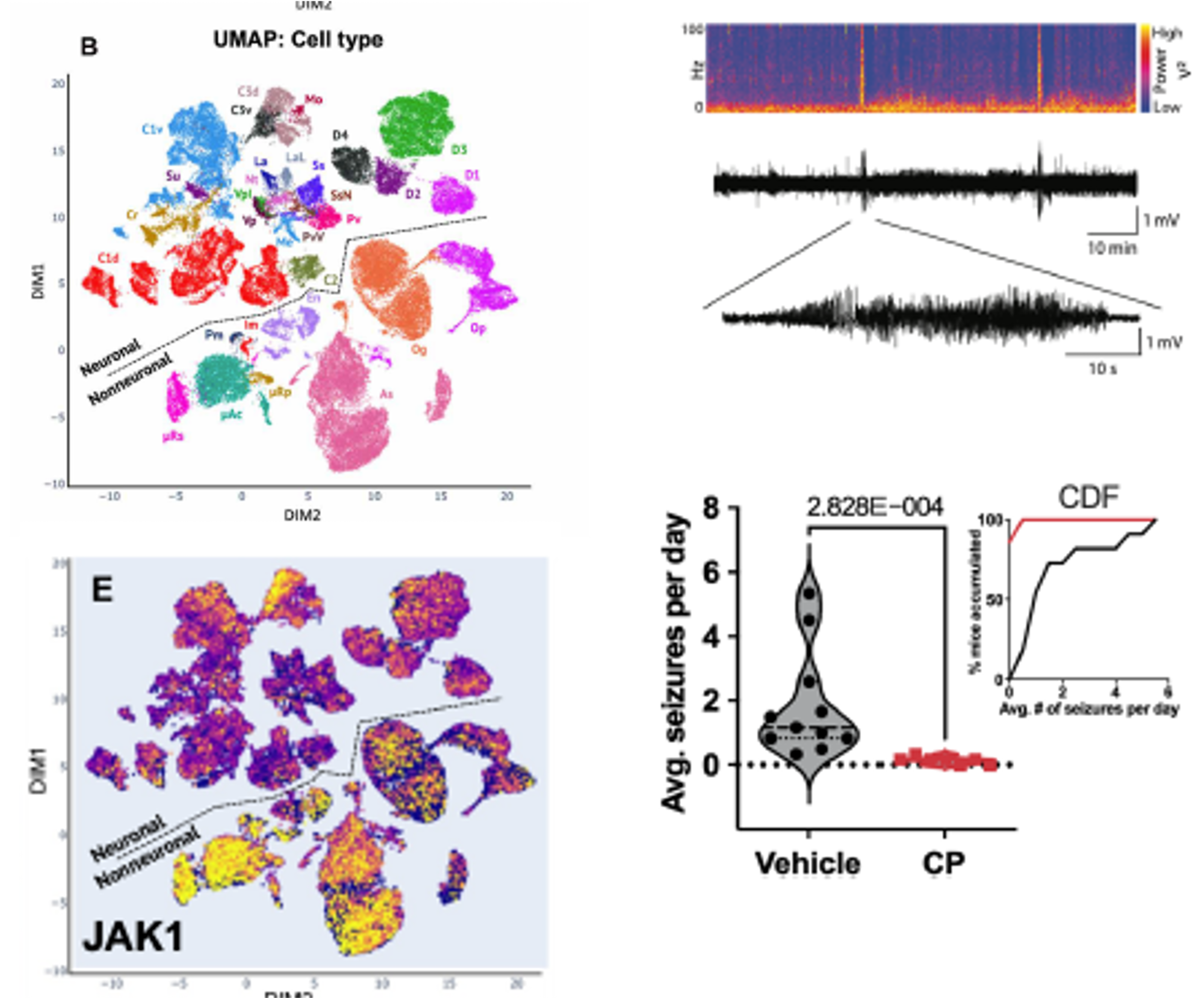
Varvel/Dingledine Lab
Emory researchers discover promising treatment for epileptic seizures
Drs. Nicholas Varvel and Raymond Dingledine, faculty in Pharmacology and Chemical Biology at Emory, were part of a multi-institution team that discovered genetic pathways to address the stubbornly difficult challenge of alleviating epileptic seizures. Their work was published in Science Translational Medicine titled, "Disease modification upon 2 weeks of tofacitinib treatment in a mouse model of chronic epilepsy," March 2025. Using this pathway, they achieved promising reductions through utilizing an existing FDA-approved drug. Their discovery was highlighted in the Emory Report.
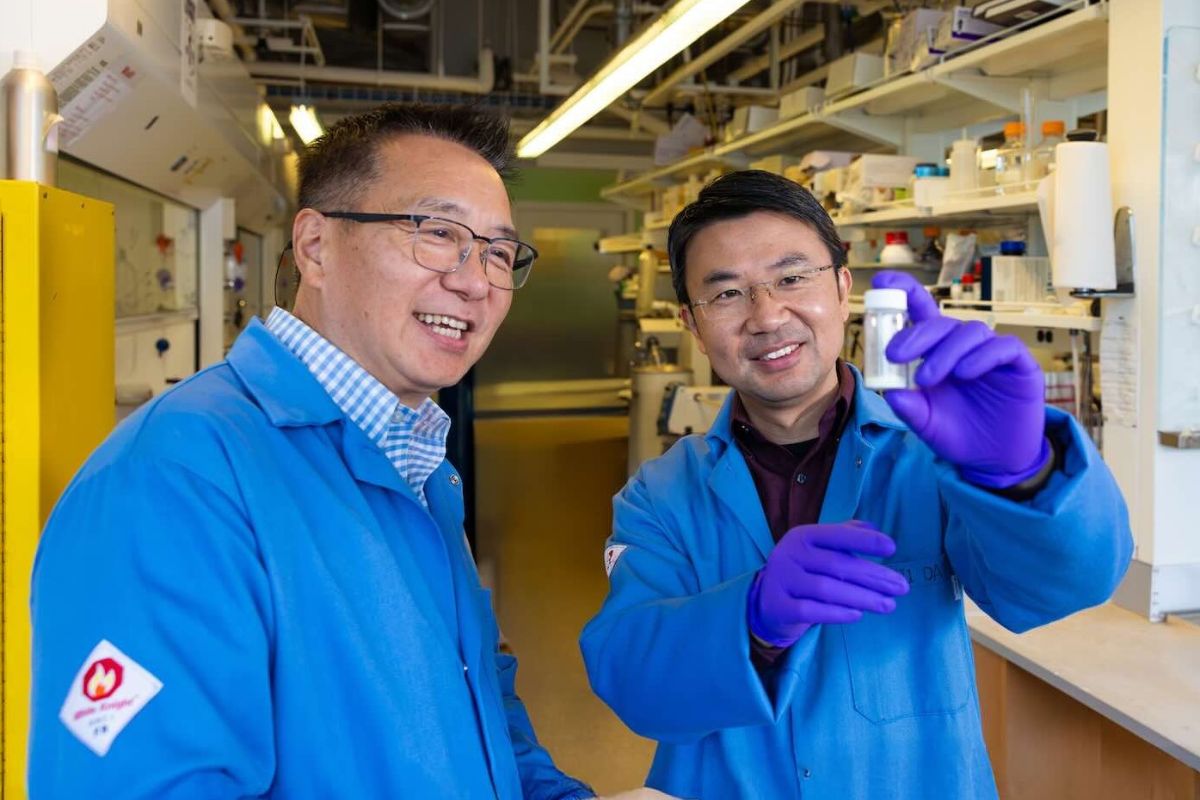
Wan Lab
Cancer biologist Yong Wan, PhD, and chemist Mingji Dai, PhD, were featured in the Emory Report for research on a plant extract and its new early lead against triple-negative breast cancer. The team invented a reaction to streamline synthesis of a compound, phaeocaulisin A, extracted from a plant used for centuries in traditional Chinese medicine. Laboratory dish experiments on the compound at Winship Cancer Institute show it’s a promising early lead against triple-negative breast cancer.
Their work was published in the Journal of the American Chemical Society.
Dr. Wan is a professor of pharmacology and chemical biology at Emory School of Medicine and director of basic research for the Glenn Family Breast Center at Winship Cancer Institute. Dr. Dai is Asa Griggs Candler Professor of Chemistry, is also a member of the Discovery and Developmental Therapeutics Research Program at Winship Cancer Institute.
The Wan lab also published the following articles:
Nature Communications: "MGAT1-Guided complex N-Glycans on CD73 regulate immune evasion in triple-negative breast cancer," April 2025. Emory graduate student Junlong (Jack) Chi is first author.
The Journal of Clinical Investigation: "4-1BB stimulation with concomitant inactivation of adenosine A2B receptors enhances CD8+ T cell antitumor response," April 2025. Postdoctoral researcher Jihae Ahn, Northwestern University, is first author.
Advanced Science: "Pharmacological Dissection Identifies Retatrutide Overcomes the Therapeutic Barrier of Obese TNBC Treatments through Suppressing the Interplay between Glycosylation and Ubiquitylation of YAP," March 2025. Assistant Scientist at Emory, Xin Cui, is first author.

Fu/Mo Lab
The lab of Dr. Haian Fu and Xiulei Mo published an article titled, "Uncovering the rewired IAP-JAK regulatory axis as an immune-dependent vulnerability of LKB1-mutant lung cancer," in Nature Communications, February 2025.


